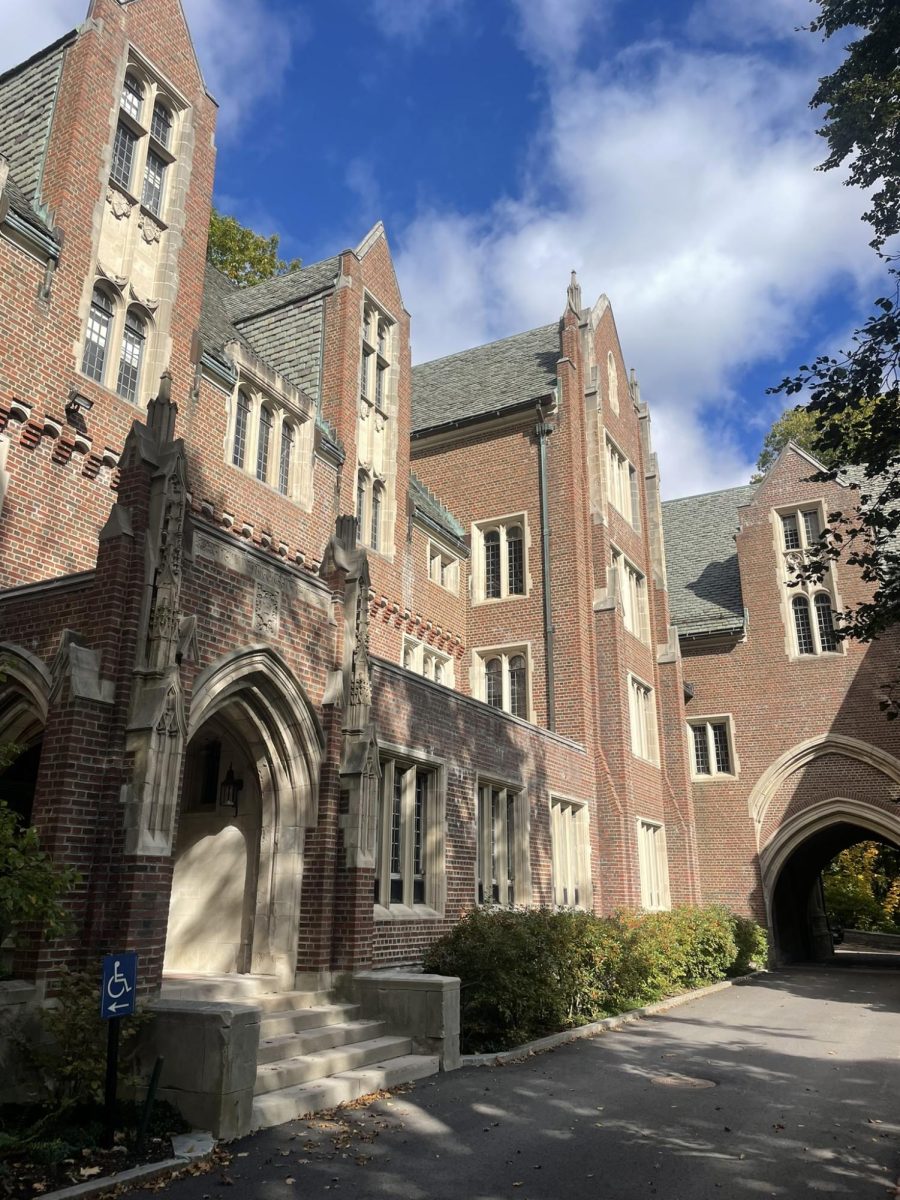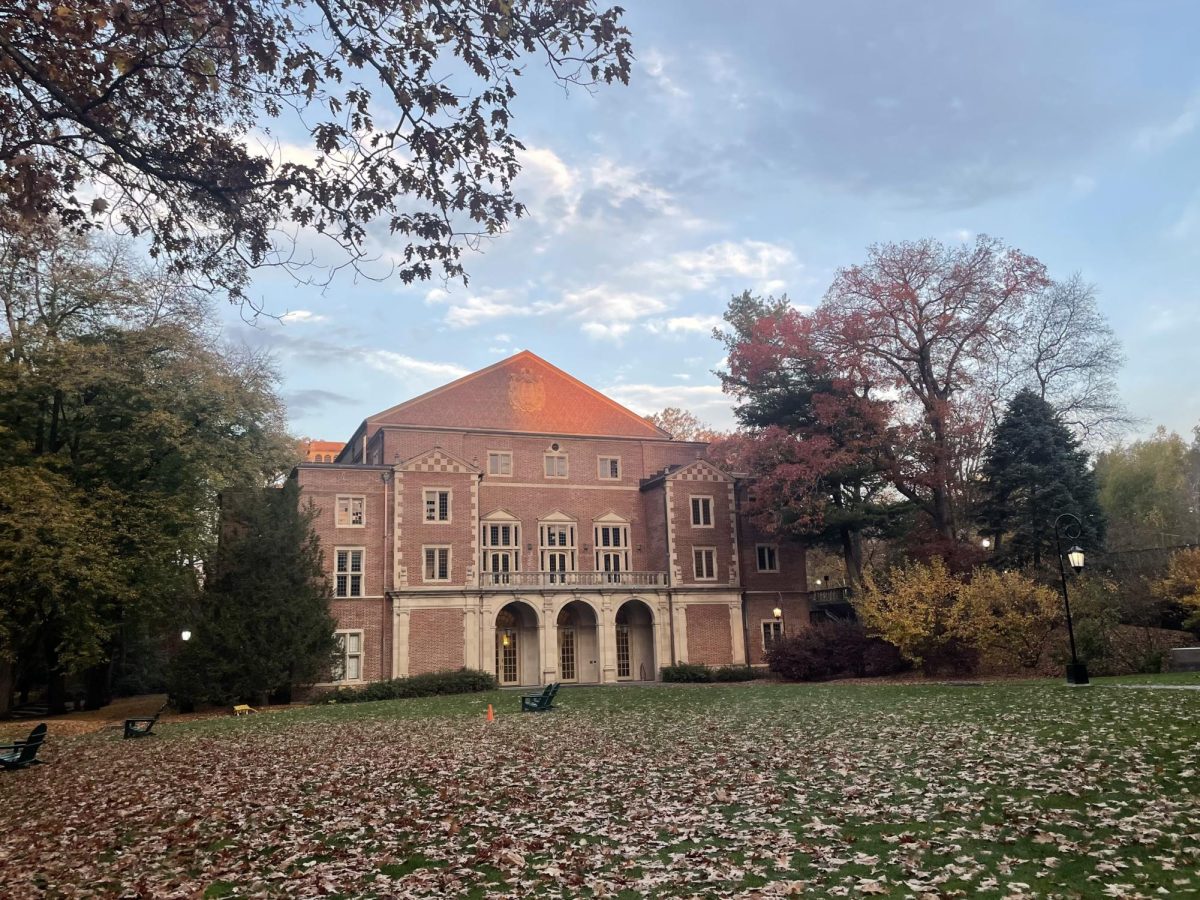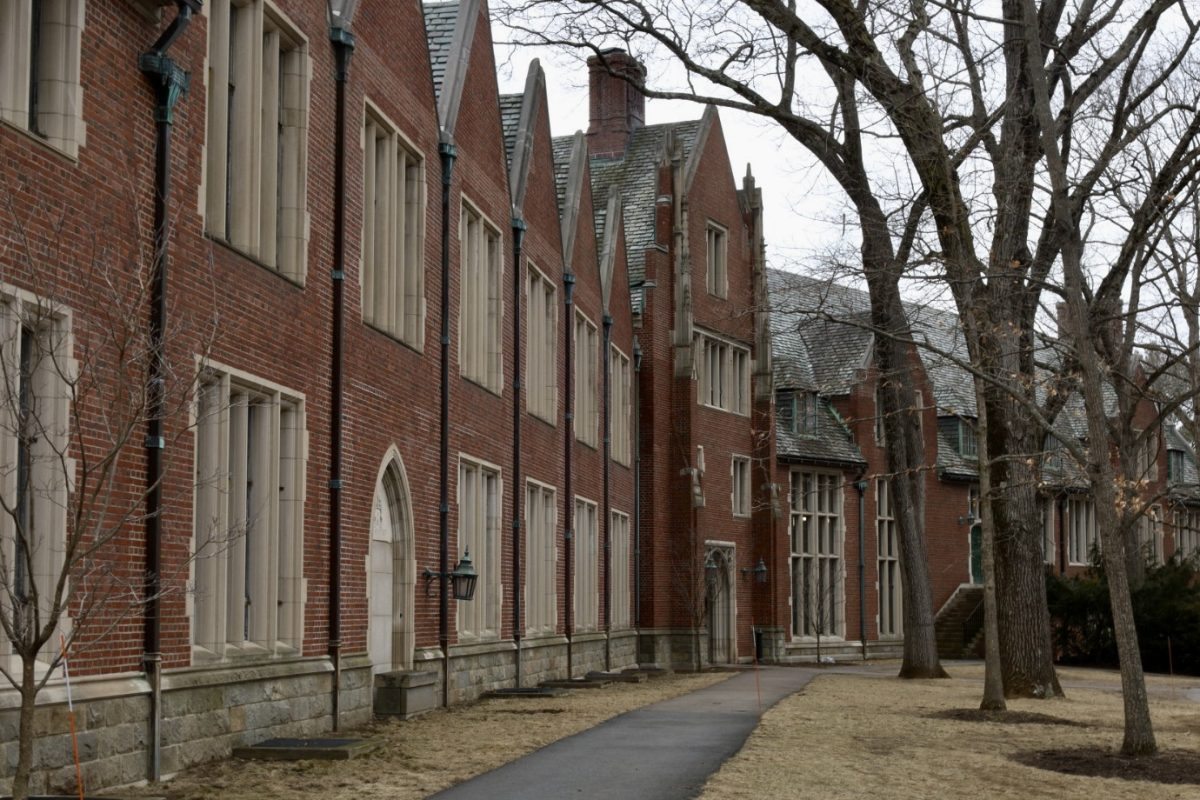This January, the East Asian Languages and Cultures department (EALC) found that many of their staffing requests had been rejected across all three of their programs.
The Japanese program’s request to expand its faculty with a part-time lecturer was entirely rejected. The Chinese program’s previously hired part-time lecturer was removed, and the Korean program’s full-time visiting lecturer was reduced to a part-time visiting lecturer, resulting in the nonrenewal of Professor Eun Ha Hwang’s contract.
Professor Mingwei Song, the chair of EALC, said that while the rejection to expand the Japanese program was expected, the change to the Korean program was surprising.
“Indeed, we were suffering the loss of the FTE [full-time equivalent faculty] across the programs, and for the Korean program, … Professor Hwang has been with us for four years, and she has been a truly remarkable teacher and devoted member of the department,” said Song.
Professor Sun Hee Lee, director of the Korean program, noted her surprise at the College’s decision to remove Hwang’s visiting lecturer position. Visiting lecturer positions are typically reviewed after the faculty member’s fourth year, where they are either promoted to non-visiting or let go.
The College had warned the Korean program about possible cuts, but professors remained hopeful.
“I naively thought we are the exceptional case, because losing this person – our whole curriculum gets into danger. I didn’t see this kind of cut from this side, because Korean is quite popular these days; since 2021 our enrollment has almost doubled,” said Lee.
According to the College, the FTE staffing approvals did not change much from previous years.
“The Provost’s Office regularly receives more staffing requests than the budget can support; not all requests can be approved,” said a spokesperson for the College.
The move has been very unpopular with the student body. The News previously reported that over 850 students signed a petition in protest of Prof. Hwang’s contract nonrenewal. As of Feb. 18, that number is over 950.
“I think immediately students were like, ‘We’re not gonna let this just happen … we’re going to stand up for this professor who we really care about and [who] had a really positive impact on our experience at Wellesley,” said Sophie Larson ’27, a Korean major.
In the early 2000s, student activism helped to bring Korean language classes to Wellesley, according to Lee.
Organizers of the petition wrote to the administration but have been unsuccessful in reversing the staffing change. The Dean’s Office assured the petition organizers that the staffing change should not adversely affect student access to the Korean program.
“ … There are no plans to close or downsize the Korean program … For the 2025-2026 academic year, we anticipate that the program will offer eleven courses. This is highly consistent with the Korean curriculum over the past five years, and we are confident this will meet student demand for both the introductory language courses and a set of upper-level electives,” Megan Nunez, Dean of Faculty Affairs, wrote in an email response to the petition.
However, faculty remain concerned that this staffing cut will affect available courses. According to Lee, the Korean program had planned to offer 13 courses for the next academic year, 11 of which would be language courses. The change would require her to fill in for Korean 101 instead of offering another upper-level course.
“We have to cut one third-year class out of two, [have] no fourth-year language class, no content course for the first semester and maybe [offer] one content [course for the spring,]” said Lee, “I don’t know how I could manage for the future of the Korean major and minor.”
Still, the EALC department remains in negotiation with College administration.
“We have been making efforts to have a constructive dialogue with the college leadership and trying to at least save as much as possible some FTE for the Korean program,” said Song.
Despite these efforts, students remain concerned about the future of the Korean program.
“Already, I’d consider [the program] understaffed,” said Larson, “[For] her contract to be terminated, just takes away resources that were already being stretched thin.”
Joanne Kim contributed to reporting.
Contact the editors responsible for this article: Jessica Chen, Galeta Sandercock, Sazma Sarwar, and Valida Pau




